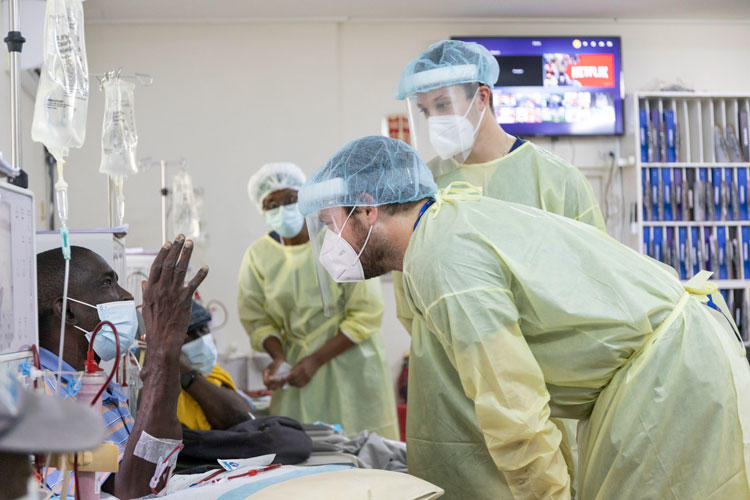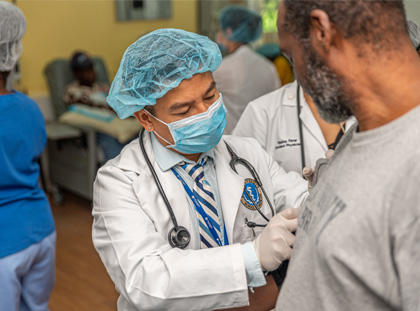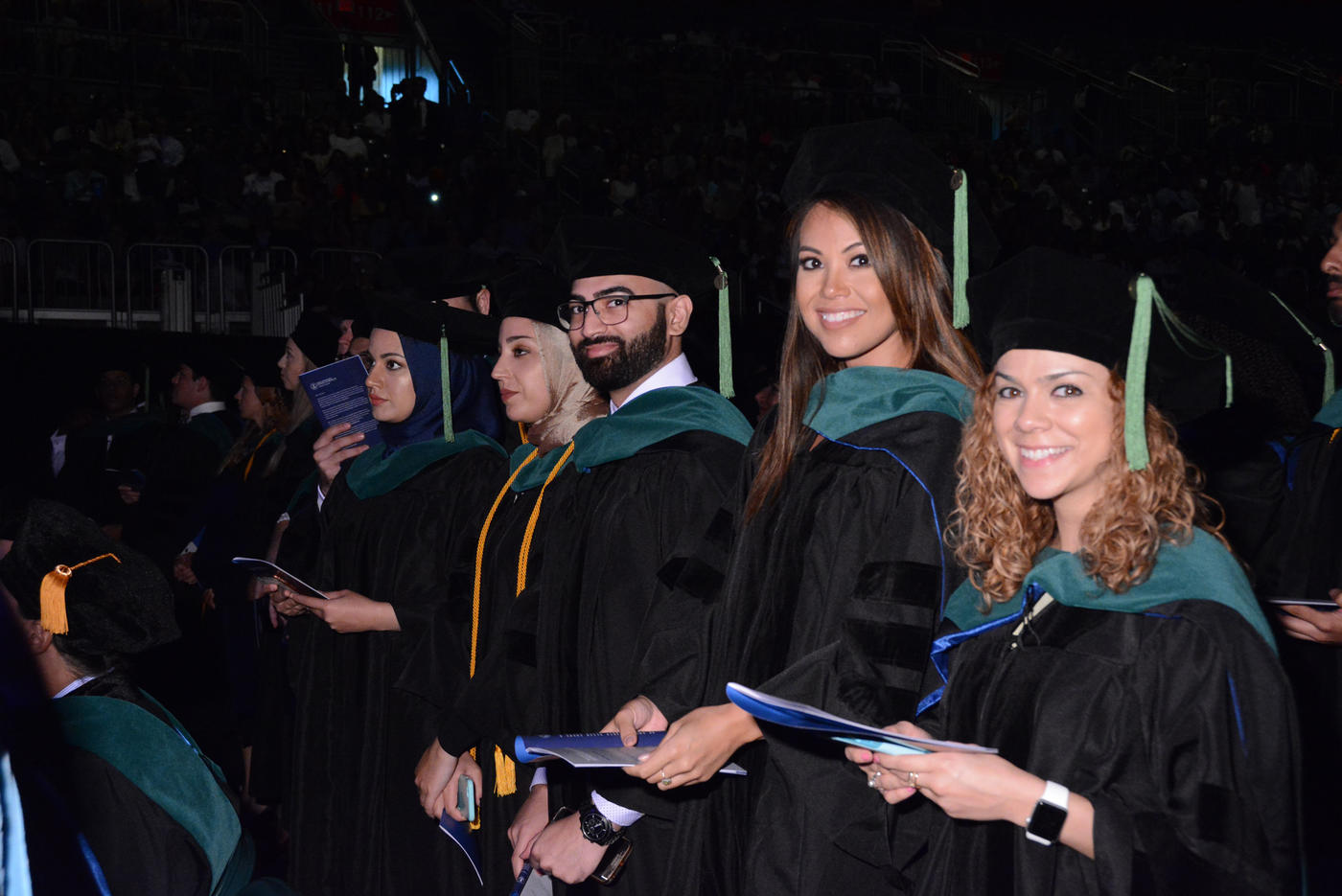Important Things To Know Before starting medical School
1. Develop effective study habits
An important way of preparing for medical school is to be a conscientious undergraduate student. Learning good study strategies and developing good study habits early will help your medical education later on. The amount of material to memorize in medical school may strain your undergraduate study habits, however, and your studying will need to evolve and improve along with the difficulty of the material.
Some students find flash cards to be their new best friends in medical school. Others absorb more by highlighting text or by taking well-organized notes. One of the most important things to know before medical school is to keep an open mind, and be flexible to new study approaches. Figure out what works best for you, and always try to improve.
2. Learn to schedule
Time management is a crucial component of succeeding in medical school. With so much to do and learn and so much material to study and memorize, students should try to make the best use of every hour of the day. Students should also ably plan ahead, and develop a study schedule throughout the term. Preparing for medical school means working consistently and effectively to build skills and knowledge.
3. Start preparing for medical school licensing exams
Begin studying early for the United States Medical Licensing Examination® (USMLE®) series. Doing well on the USMLE Step 1 is important because residency programs weigh the results heavily. So one of the most important things to know before medical school is that the USMLE is both challenging and critical. Be sure to prepare carefully for Step 1.
4. Make time for family and friends
Medical school is a serious commitment that will change your life. Most of your time will be consumed by your studies, but you’ll still need to set time aside for your personal life. Even if you spare only a few hours per week, it’s important to dedicate time to friends and family. Downtime and relaxation and enjoyment help put your mind at ease, and the relief of stress can improve your performance in school.
A key to preparing for medical school is finding a good balance between work and life. Your hectic schedule in medical school won’t improve much through residency, and your medical career afterwards may follow the same lines. Finding the right balance now, even before medical school, can help you set the right pattern for the rest of your career.
5. Explore medicine
Perhaps you wanted to be an endocrinologist even before you could properly pronounce the word. But don’t be surprised if you find yourself drawn in unexpected directions. One of the things to know before medical school is that many students change the specialty they want to practice during their studies. Medical school is an exciting time of discovery. Let your curiosity lead you to new possibilities.
6. A helping hand
For many students, medical school can be a difficult challenge, and it might be the first time they have had to give their all as students. Instead of going it alone, as many students may be used to doing, it may be helpful to try studying with others.
Study groups and friends are time-honored study aids. But medical schools also offer support resources for students who have hit a bump in the road. So part of preparing for medical school is learning when you need help and how to ask for it. You are going to the big leagues, in terms of academic achievement. Everyone needs a helping hand now and then.
7. Plan for residency
You might be surprised by how long it takes to match with a residency program. It’s a long and competitive process that builds in your third and fourth years of medical school. You need to write your curriculum vitae (CV), gather letters of recommendation, do interviews, and submit your ranked list of residency programs. It all culminates in the Main Residency Match, “the Match,” when you learn where you will do your post-graduate medical training. Fortunately, there is plenty of help available along the way. You’re learning how to prepare for medical school, but after you are in, you’ll also learn how to prepare for residency. It’s never too early to start thinking about what type of residency you want to do.
Now that you know what to do before starting medical school, prepare yourself for the challenge and make sure you have all the necessary application materials in place. Then apply for admission to Ross University School of Medicine to start your journey.
Related Resources:




